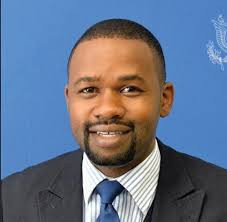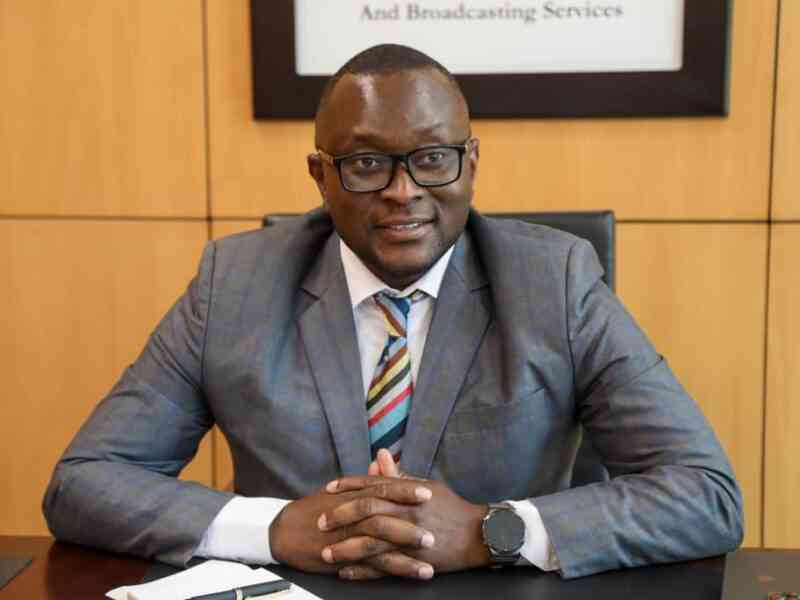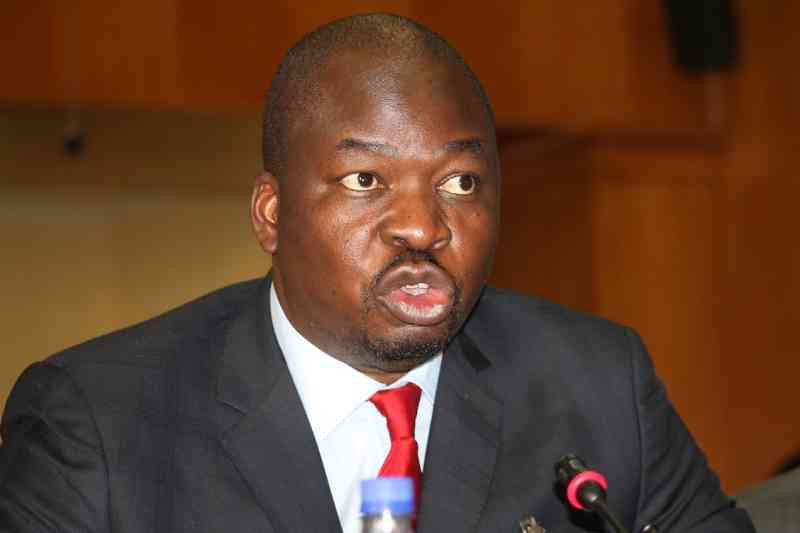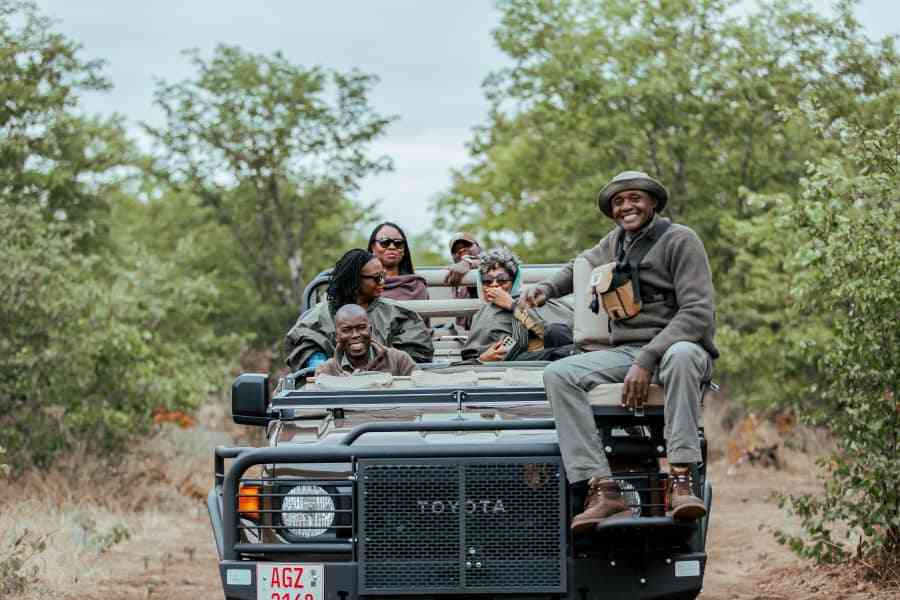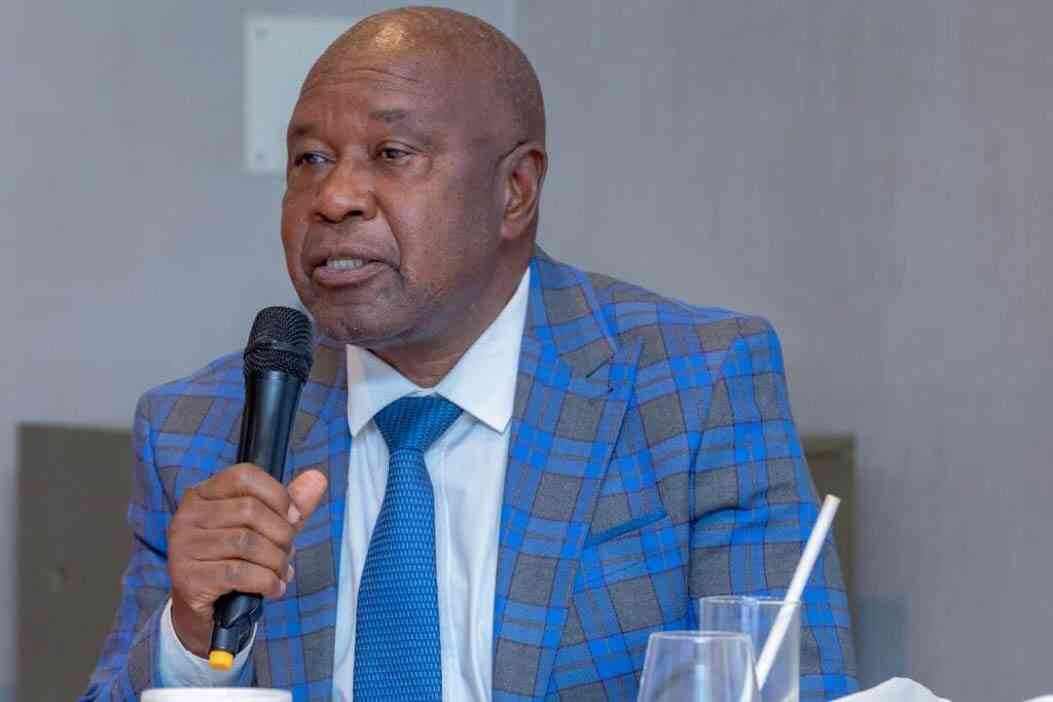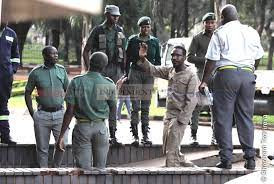
On November 22, 2017, President Emmerson Mnangagwa made a bold declaration that has remained etched in every progressive Zimbabwean’s mind as he returned from brief exile in South Africa to assume power.
Mnangagwa, who had served in late authoritarian Robert Mugabe’s successive government's since independence in 1980 declared: “Today, we are witnessing the beginning of a new and unfolding democracy.”
He made the vow after the military toppled Mugabe in the culmination of a bitter succession wrangle that pitted two main factions in Zanu PF.
His words were well received by a population that had grown weary of his successor’s tyrannical rule, which was characterised by the suppression of people’s freedoms.
Mnangagwa has done little to deliver on his promises eight years later and voices of discontent are beginning to emerge from within his ruling Zanu PF about his style of leadership.
A group of war veterans led by Blessed Geza, who is a Zanu PF central committee member, has even gone to the point of demanding that the 82 year-old ruler must step down as they accuse him of incompetence, nepotism and allowing the scourge of corruption to fester.
In typical Mugabe style, Mnangagwa’s regime has reacted by seeking to silence the dissenting voices with police launching a manhunt for Geza and an onslaught against journalists that give the disgruntled war veterans a voice.
Alpha Media Holdings senior journalist Blessed Mhlanga, who covered the two press conferences by the war veterans critical of the president, was thrown into jail last week on charges of inciting violence.
- Grace Mugabe’s ex-husband Goreraza dies
- Corruption watch: Reasons why Zanu PF is a thieving cult
- Mnangagwa shrinking democratic space
- Grace Mugabe’s ex-husband Goreraza dies
Keep Reading
On Friday, Mhlanga was denied bail by Harare magistrate Farai Gwatima, who claimed that releasing the journalist from prison threatened national security.
We were both alarmed by the journalist’s arrest and the magistrate’s line of reasoning because we believe the actions are a blatant violation of freedom of speech, which is guaranteed in Zimbabwe’s constitution.
Press freedom is universally recognised as a fundamental human right, which must be defended and protected by all, including governments.
Article 19 of the Universal Declaration of Human Rights states that: “Everyone has the right to freedom of opinion and expression; this right includes freedom to hold opinions without interference and to seek, receive and impart information and ideas through any media and regardless of frontiers.”
The intimidation and arrests of journalists for doing their jobs weakens the fourth estate and hinders journalists from doing their duties on behalf of citizens in the process of holding those in power to account.
Under Mnangagwa, there has been increased politicisation of the work that independent journalists do and many attempts to silence them. For the sake of his legacy, we implore the president to stop the criminalisation of journalism and ensure protection and safety of media workers. Journalism is not a crime.

